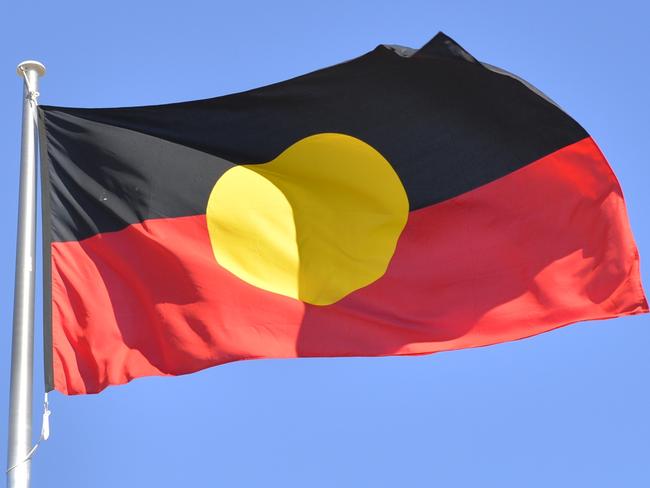Reducing Australia to special interest tribes serves no one
Having rid the nation of laws which defined people by race, there’s now a crowd that wants to reintroduce them and the handing over of the title of Uluru, the big lump known to most Australians as Ayers Rock, is just a hint of what will happen in the future, writes Piers Akerman.
Opinion
Don't miss out on the headlines from Opinion. Followed categories will be added to My News.
- Where’s the promised change from those ‘bastard’ banks?
- You have a Right To Know and should join our fight
Forty-eight years ago, Queensland declared a state of emergency after anti-apartheid protesters disrupted the Springboks’ six-week tour of Australia.
The demonstrations rocked the South African government and can be said to have precipitated its downfall.
It is history. Nelson Mandela was released from prison, became a saintlike figure before his death, but the now black-dominated South African government presides over a tottering nation in which white lives don’t matter and murderous violence is rife.
How ironical then that some of the same people who demonstrated against apartheid then (I’m thinking of Peter “Bandanaman” Fitzsimons) and others insist that Aborigines are provided with an as yet undefined voice either to or in the national parliament or even to every level of government in the country — federal, state and local.

Having rid the nation of laws which defined people by race, this crowd wants to reintroduce them and the handing over of the title of Uluru, the big lump known to most Australians as Ayers Rock, is just a hint of what will happen in the future.
For that process demonstrated that no longer are all Australians to be treated equally.
In 1967 Australians took part in a referendum to alter the Constitution.
The government presented the two arguments for and against.
The Yes case it presented said: “The purposes of these proposed amendments to the Commonwealth Constitution are to remove any ground for the belief that, as at present worded, the Constitution discriminates in some ways against people of the Aboriginal race, and, at the same time, to make it possible for the Commonwealth parliament to make special laws for the people of the Aboriginal race, wherever they may live, if the Commonwealth considers this desirable or necessary.”
MORE FROM PIERS AKERMAN:
PM right to reject global agenda set to destroy Aussie values
You want diversity? How about diversity of opinion?
It explained that the Constitution as it then stood gave no power to the Commonwealth, except in the Territories, to make laws with respect to Aborigines. That power was with the States.
Further, it said that what was intended “is that the National parliament could make laws, if it thought fit, relating to Aboriginals — as it can about a lot of other matters on which the States have the power to legislate … The Commonwealth’s object will be to co-operate with the States to ensure that together we act in the best interests of the Aboriginal people of Australia”.

Since then there have been a number of attempts by governments, at the urging of so-called leaders of Aboriginal communities, to see that the best interests of Aborigines are served by giving them greater powers.
They have all failed. The experiment that has worked in this country is migration. The migrants and their offspring made the nation we see today. Many Aborigines shared in this good fortune, as attested by the extremely high rate of interracial marriage or cohabitation.
There are very few people claiming to be Aboriginal today who do not carry non-Aboriginal genes.
But instead of celebrating as Australians they are encouraged by the vast industry that has evolved to serve Aboriginal Australians to eschew their Asian or European heritage and claim the welfare benefits that are now available to those who identify as Aboriginal.
Noel Pearson, the Aboriginal lawyer, activist and social commentator argued in 2001 that “welfare is a poison to my people”.
He said the principles of reciprocity and individual responsibility should be restored to leach the ‘poison’.
He was howled down and today we have the Morrison government dangerously courting the notion of dividing the nation by granting some form of special status and government access to a self-defined group within the population.
Rather than push for the vague notion of a future nation-shaping voice, wouldn’t it be better to ensure that by 2025 no Aboriginal girl aged less than six or so will have a sexually transmitted disease? Or that there would be a reduction in family violence or a halving of the chronic unemployment rate?
Of course, these are goals are all too hard and it is far easier to chip away at the ties that unite Australians, the bonds forged in the wars and on national projects like the Snowy.
Reduce the nation to a series of special interest tribes, forget that we’re a democracy and ignore the fact that there are people within the parliament now who are Aboriginal.
And the children in those remote communities beloved by the Utopians will continue to suffer: illiterate, abused and diseased.
